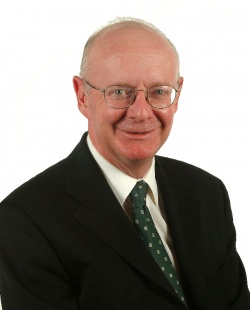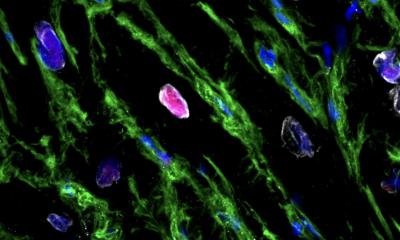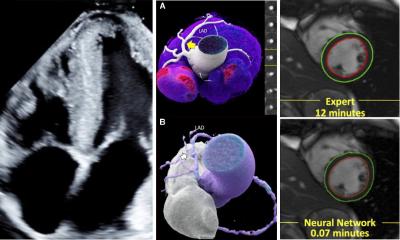EuroPRevent 2012
CVD prevention experts will meet in Dublin from 3-5 May for the leading international forum for preventive cardiology, Finn Snyder reports.

Cardiovascular disease (CVD) is Europe’s major cause of death. ‘It’s essential that everyone is brought up to speed with the latest research,’ urged Professor Volker Adams, co-chairperson of the Congress Programme Committee for EuroPRevent (details: www.escardio.org) organised by the European Association for Cardiovascular Prevention & Rehabilitation (EACPR), a registered branch of the European Society of Cardiology (ESC). Over 1,200 cardiologists, family physicians, nurses, allied health professionals e.g. dieticians, sports scientists, psychologists, health planners and policymakers are expected to attend. EuroPRevent will be dedicated to communicating strategies for the prevention of many deaths due to CVD. Measures include smoking cessation, weight loss, improved diets and increased exercise.
During the event, the new European Guidelines on Cardiovascular Disease Prevention in Clinical Practice will be announced and the latest studies on lifestyle interventions presented, together with cuttingedge research on sports medicine, cardiac rehabilitation, population science, health policy, and basic and translational science.
In three days 46 symposia will be held in four parallel sessions, with highlights including telemedicine, new facts on the obesity challenge, the latest data on fish intake in primary prevention, the impact of arterial stiffness for cardiovascular prevention, and the role of heart rate in prognosis. An interactive master class on hypertension underlines the importance of hypertension, which affects one in four adults in Europe. In excess of 500 abstracts have been selected for presentation.
The symposium ‘New guidelines for preventing atherosclerotic cardiovascular disease: East meets West’ will explore common ground between Japanese and European guidelines. This session, said EACPR President Professor Pantaleo Giannuzzi, is of major significance since it marks the start of the association’s new global approach to prevention. ‘We believe that the educational programmes developed by EACPR have the potential to be of value to countries all over the world.’
New technologies
‘Telemedicine is developing but has a long way to go’, explained Professor Ian Graham, from Trinity College, Dublin, who co-chairs the Congress Programme Committee and Local Organiser.
A session (symposium 1) will focus on telemedicine in cardiac rehabilitation and prevention. Telemedicine ‘…may be the way forward in helping people to maintain lifestyle advice, for example by providing interactive help and encouragement on exercise and smoking cessation,’ he said. Everyone uses Google; smartphone apps and interactive programmes are developing … in this vein, ESC offers an online interactive tool to predict and manage the risk of heart attack and stroke in Europe. ‘HeartScore’ (www.heartscore.org) aims at supporting clinicians in optimising individual cardiovascular risk reduction. Technology companies are moving into risk estimation. A device to detect early arterial disease to augment risk estimation based on conventional risk factors will be exhibited during the Dublin event.
‘New technology will inform future guidelines – initially in diagnostics and risk estimation, and increasingly in interactive education and risk management,’ Prof. Graham predicts. The ESC’s new interactive webbased Guideline Learning Tool, to be launched at EuroPRevent, will cover the broad content of the guidelines, case histories, and questions and is intended for cardiologists, GPs, nurses, dieticians and medical students, will cover the broad content of the guidelines, case histories, and questions.
02.05.2012





